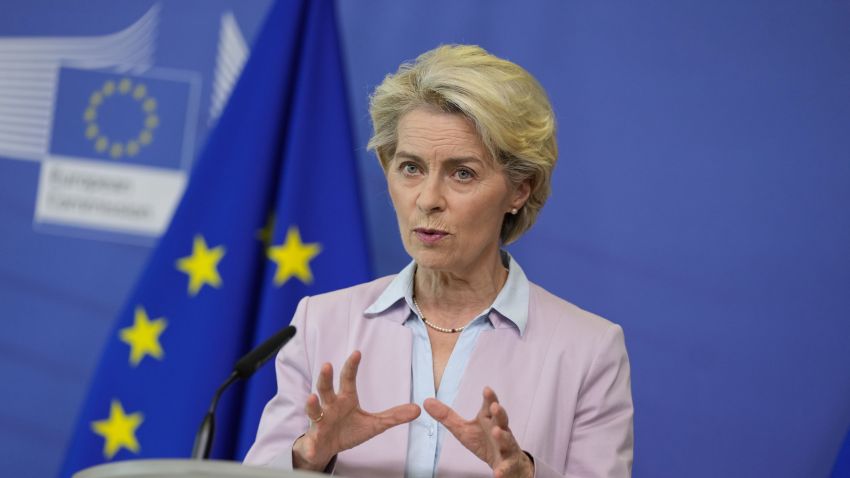There is nothing more depressing than seeing policymakers surprised by a crisis that informed observers have been predicting for many years. Worse still, the panic that then takes hold among those same policymakers is usually in direct proportion to how badly they ignored the attempts by outside experts to point out the mounting risks before calamity struck.
A case in point is the way the European Union and the U.K. have lurched into furious action after Russia’s invasion of Ukraine to address their energy dependence on Russia and other autocracies. The crisis was predictable and long predicted by experts in the field, and the problem of European energy security even generated much talk among EU institutions in the first decade of the new millenium. But plans for diversification fell through, and policy paralysis then set in.
The use of gas and other natural resources as tools to influence and exercise leverage over the EU has been a core aspect of Russian foreign policy throughout President Vladimir Putin’s time in power. During Putin’s first two presidential terms between 2000 and 2008, cooperation with European corporations on shared energy projects, such as the deeply controversial North Stream 2 pipeline, generated a powerful lobby across Europe that backed friendly relations with the Russian state. Despite growing alarm among analysts, the dependence this generated on Russian natural resources continued to grow, even as Russia’s gas cutoffs to Ukraine in 2009 demonstrated Moscow’s willingness to use weaponize energy, and its attack on Georgia in 2008 and military infiltration of Ukraine after 2014 signaled how far the Putin regime was willing to go to destabilize EU partner states neighboring Russia.

